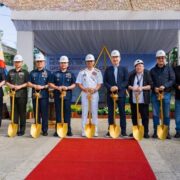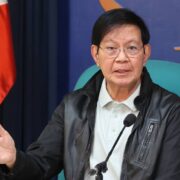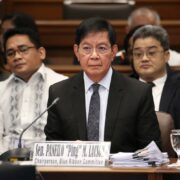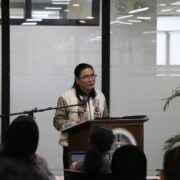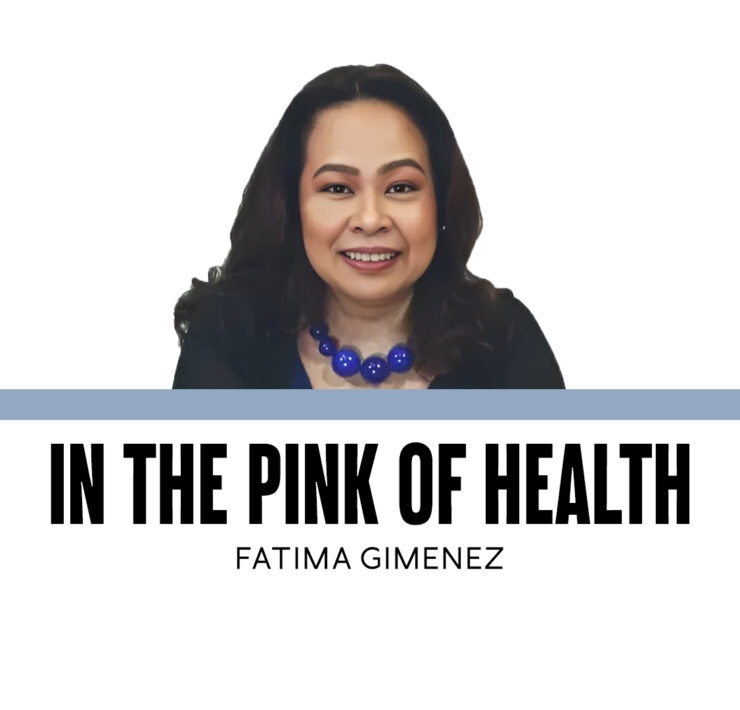Unsung frontliners
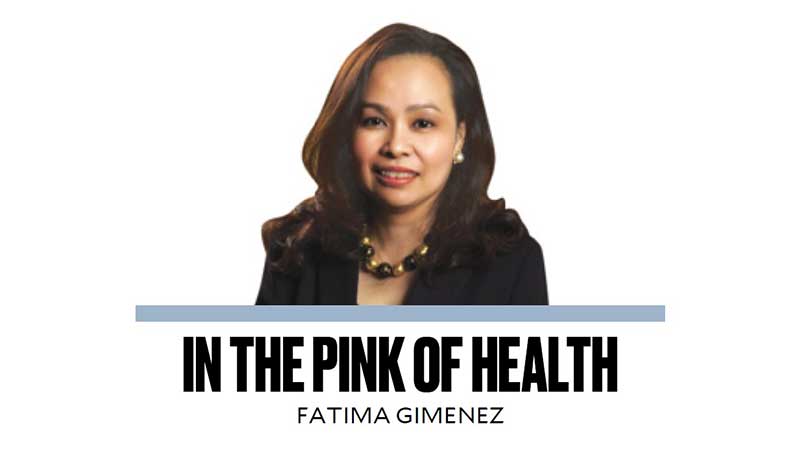
The last speaker in the simultaneous session was from the World Health Organization and his talk was centered on immunization as part of pandemic preparedness. Fully aware of our situation, it didn’t come as a surprise to see, up on the big screen, that in 2023, we were among the top five countries with the highest number of zero-dose children. In contrast, higher vaccination coverage rates expectedly came from small and large countries with well-developed systems. As of this writing, our national coverage rates have markedly improved but we still need to work harder.
Who, you may ask, comprises the “we”? While there are physicians, nurses, midwives, and clerical staff involved, let us not forget the substantial role that the barangay health worker plays. My earliest introduction and memory of how influential they could be goes back to my premedical years in public health. Part of the program consisted of living in an assigned rural area for a month. Though there was a local doctor in the center who served as our main supervisor, the barangay health workers were the ones who truly guided us in understanding what primary prevention truly meant. I recall how warmly we were welcomed into farmers’ homes, where we had the opportunity to teach families about the basics of nutrition, hygiene, and maternal health. Our immersion in the community wouldn’t have been possible without their support. As students, we had little knowledge of how they were chosen, what their qualifications were, or if they were being given renumeration. To us, they were people who chose to volunteer out of the goodness of their hearts.
Today, they are still very much present, vital but often overlooked, augmenting our health services and the first persons who are always on call. Writing about them brings back memories of conversations, one as far back as seven years ago, when one told me that she was only receiving P300 a month. Another was with a young colleague who spoke about volunteers who dared risk their lives during the pandemic, ensuring that health services were brought to doorsteps, unmindful of the risks involved, having no protective equipment and with the real danger of passing on the COVID virus to their own families. In honoring them, I sought to find data to provide answers to the questions that earlier were left unanswered.
Under Section 3 of Republic Act No. 7883 entitled, “An Act granting benefits and incentives to accredited barangay health workers and other for other purposes, … a barangay health worker refers to a person who has undergone training programs under any accredited government and nongovernment organization and who voluntarily renders primary health care services in the community after having been accredited to function as such by the local health board in accordance with the guidelines promulgated by the Department of Health.”
To avail of benefits and incentives, the key requirement is the need to be accredited. Once recognized, they are entitled to hazard and subsistence allowance which are to be determined by the local government unit, have access to free legal services or representation for any criminal or civil case filed against them in the process of carrying out their duties, be granted civil service eligibility, and access to loans from agencies for income generating programs in the community supportive of health-related activities. While these are highly encouraging, what caught my eye was the promise of opportunities for educational and continuing training programs and scholarship benefits.
Having given a summary, it would be of great interest if these are being carried out and adhered to. Fortunate to have come across a recent study on lived experiences amongst BHWs, authored by Dr. Kenneth Hartigan Go and his team from the Ateneo School of Government, though it was carried out in just one municipality and has limitations which the researchers acknowledged, through their efforts, we are offered a better understanding of a barangay health workers’ plight.
Theirs is a story of being overworked, under-trained, and under-compensated, whose fate is largely in the hands of those assigned to govern them. These realities not only impact on the quality of services they render, but more importantly on their own lives. Reading through their stories, despite these challenges, they persevere because of the ever-present opportunity to be of service.
There is a pressing need to show better appreciation and recognition of their efforts, by being providers of opportunities. It’s about time that we rethink policies, as the authors have also recommended. Let their motivation to always be of help be ours as well. In the various health programs that we are in the thick of, such as the catch-up immunization campaigns, please take time to acknowledge their presence, look them in the eye and say the words they might be longing to hear.
Maraming salamat goes a long way.
—————
timmygimenez@gmail.com

